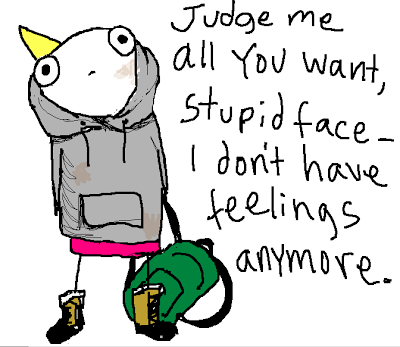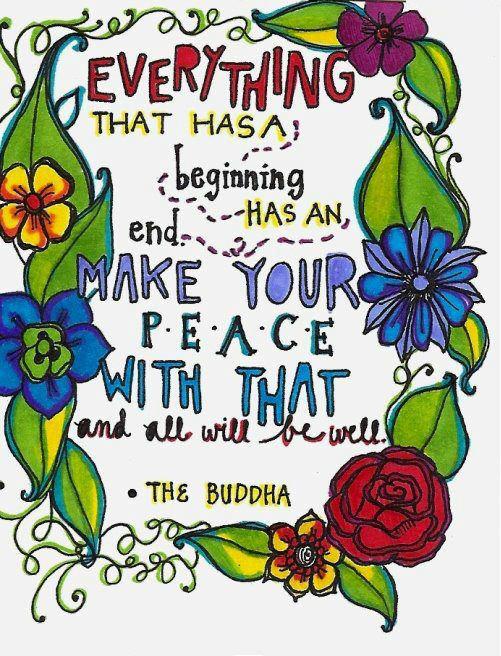Hi everyone,
The focus of blog posts to date has been academic. However, I think it is timely to think about the stresses associated with student life and to reflect on the importance of self-care.
I haven’t seen you for a couple of weeks, so I’m not sure how much of this will resonate. However, I have been teaching for a number of years, and experience has shown me that this is the time of year that students struggle most, so I hope you find something of value in this post.
This is the period which you are likely to find very challenging; pressures associated with approaching deadlines are mounting and most of you are in the final sprint towards the finishing line. You may be concerned about how you will manage to get everything done, which induces anxiety and panic. If academic concerns are coupled with life-related stresses – which they inevitably are given that we each have lives outside of UCC and other commitments and family and friends and significant others that we care about – then things can quickly spiral and become debilitating. In academia, these feelings are not spoken about enough, and students may feel that they should cover over the cracks and attempt to carry on regardless. This is not ultimately helpful, and the point of this post is to address some of these issues.
 It is important to recognise that these struggles are very common. Research on students’ experiences shows that these issues emerge particularly in the second year of their academic programme. Initial enthusiasm can descend into loss of confidence, self-doubt, loss of motivation, fear, and burnout that manifest in tiredness, confusion, anxiety, sleeplessness, and sometimes depression. They also often result in students retreating into their own cocoon, losing touch with their social networks. This means that students can feel alienated and disconnected from others at exactly the point when they most need support. In my own student/researcher experience, I found myself in this liminal space many times, and I do know just how awful it feels.
It is important to recognise that these struggles are very common. Research on students’ experiences shows that these issues emerge particularly in the second year of their academic programme. Initial enthusiasm can descend into loss of confidence, self-doubt, loss of motivation, fear, and burnout that manifest in tiredness, confusion, anxiety, sleeplessness, and sometimes depression. They also often result in students retreating into their own cocoon, losing touch with their social networks. This means that students can feel alienated and disconnected from others at exactly the point when they most need support. In my own student/researcher experience, I found myself in this liminal space many times, and I do know just how awful it feels.
In seeking to describe the experience, The Thesis Whisperer has referred to this mental space as ‘The Valley of Shit‘:
The Valley of Shit is that period of your [research], however brief, when you lose perspective and therefore confidence and belief in yourself. There are a few signs you are entering into the Valley of Shit. You can start to think your whole project is misconceived or that you do not have the ability to do it justice. Or you might seriously question if what you have done is good enough and start feeling like everything you have discovered is obvious, boring and unimportant. As you walk deeper into the Valley of Shit it becomes more and more difficult to work and you start seriously entertaining thoughts of quitting.
I call this state of mind the Valley of Shit because you need to remember you are merely passing through it, not stuck there forever. Valleys lead to somewhere else – if you can but walk for long enough. Unfortunately the Valley of Shit can feel endless because you are surrounded by towering walls of brown stuff which block your view of the beautiful landscape beyond.
The Valley of Shit is a terrible place to be because, well, not to put too fine a point on it – it smells. No one else can (or really wants to) be down there, walking with you. You have the Valley of Shit all to yourself. This is why, no matter how many reassuring things people say, it can be hard to believe that the Valley of Shit actually does have an end. In fact, sometimes those reassuring words can only make the Valley of Shit more oppressive.
So, in this sense you are not alone. However, recognising that these are common experiences, and thereby normalising struggle, is not particularly helpful either; knowing that others are suffering does not necessarily make the experience less isolating. But it does offer some possibilities for reconnection. As youth workers, and students, and researchers, you can and should lean on your ‘communities of practice’. Don’t isolate yourself. Talk to people. Talk positively with people. Talk to positive people. Talk to people who make you feel good about yourself. Talk to people whose advice you value. Avoid ‘troubles talk’. This will help you to get through the ‘valley of shit’, and is a good practice to develop as a student and to bring into your professional lives as youth workers.
Remember that you can talk to each other. You can talk to me. You can talk to any of your lecturers whom you feel comfortable with. You can talk to a doctor or a counsellor.
Try to remember why you first decided to do a Masters. Remind you of why you’re doing all of this in the first place. BUT remember that you are more than your Masters; completing this programme is only one goal amongst many much more significant ones. Think about what you want to do in the future. Remind yourself of what is important.
Getting through this is not necessarily about putting more hours in, but putting better hours in. If you are feeling stressed, then it is extremely difficult to achieve ‘flow’ (a nod to your research, Regina!) in your work-mind. So do take breaks, but try to make these guilt-free. Go for lunch/coffee with friends. Spend quality time with your family. Watch a silly movie (I can’t even admit to the number and names of rubbishy films I watched when studying intensively. It’s just too embarrassing. But I did feel better afterwards!). Go for a walk. Play music. Listen to music. Make something. Play sport. Do whatever helps you to feel good about yourself. Practice self-compassion. (I should point out that drinking too much might help you to feel good, fleetingly, but it’s not guilt-free if you wake up the next day feeling far too ill to work. Just saying.)
On a more personal note, I want to emphasise how impressed I am with you all, collectively and individually. Each of your research projects is interesting and innovative and valuable. What you are doing is important and worthwhile and I KNOW that you can do it! Hopefully you all hold this belief in yourselves too. But if you are at the point where you feel it is an impossibility, then you really do need to get in touch with me. We can work it out together.
I look forward to seeing you all again next week. If you would like to talk to me about anything in the interim, please do get in touch.
Kind regards,
Eileen
